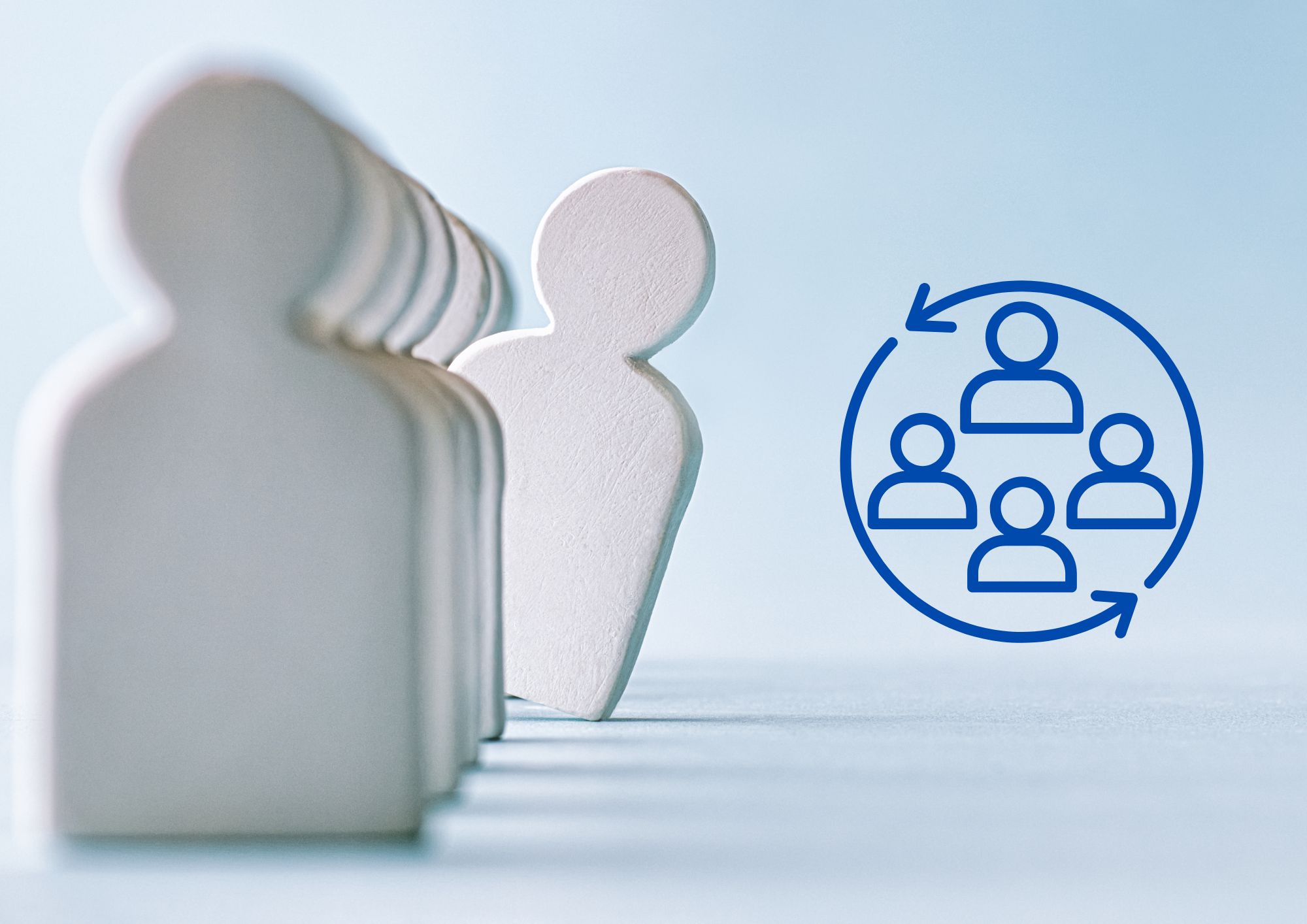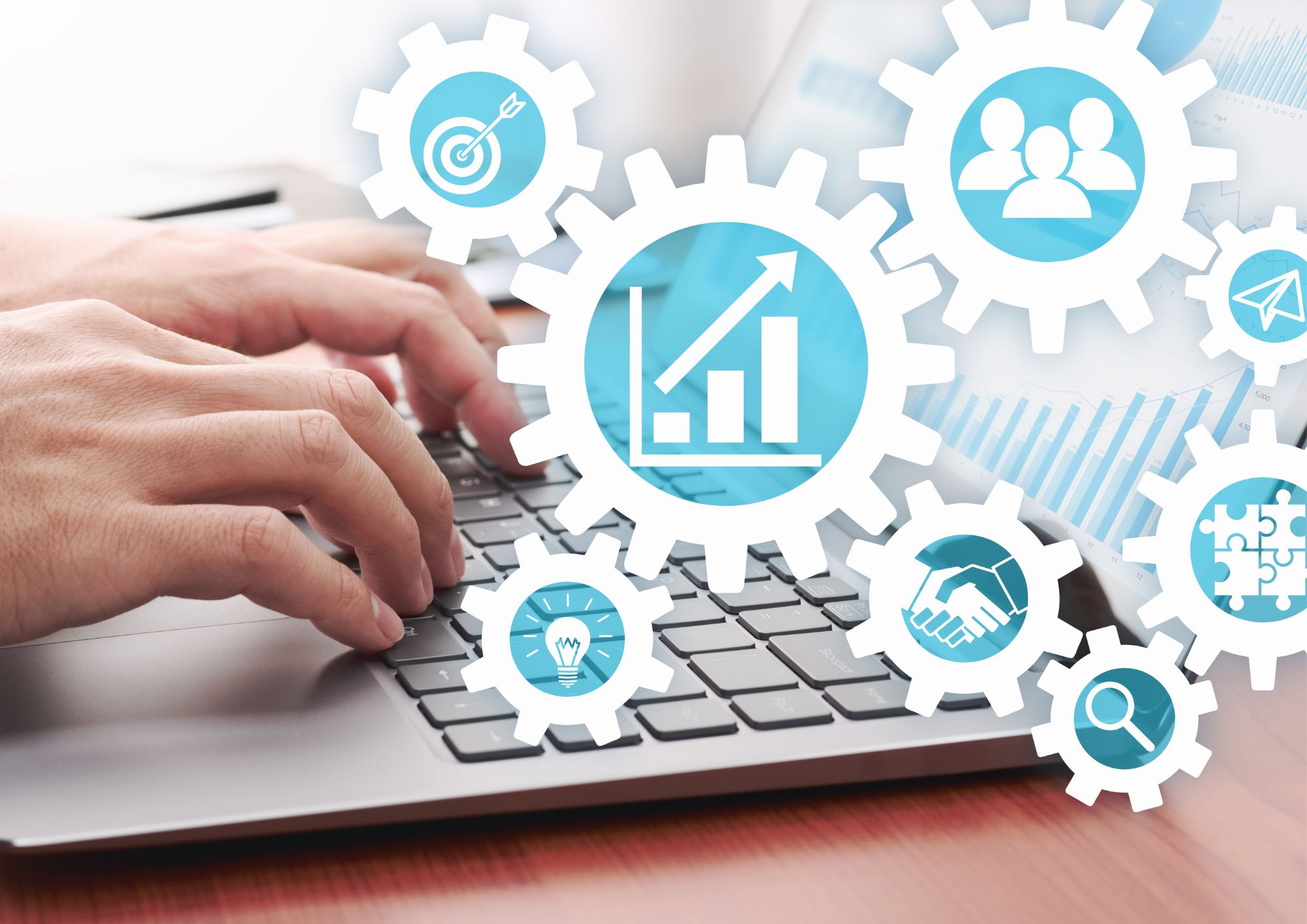The world of human resources (HR) has witnessed a significant transformation in recent years.
With the advent of intelligent automation and advanced HR technology, businesses are now equipped to manage their employees more efficiently than ever before.
From streamlining recruitment processes to automating repetitive tasks, intelligent automation is redefining the way HR departments operate.
In this article, we will explore how these cutting-edge solutions are enhancing employee management and revolutionizing the HR landscape.
AI-Powered HR Tools
AI-powered HR tools have become increasingly popular as businesses seek to harness the power of artificial intelligence (AI) to drive efficiency and productivity.
These tools employ machine learning algorithms and natural language processing to understand and analyze vast amounts of employee data, which enables HR professionals to make data-driven decisions.
For example, IBM’s Watson Talent Insights is an AI-powered HR analytics solution that helps organizations identify skills gaps, predict employee attrition, and recommend personalized learning paths for employees.
In a 2020 study conducted by IBM, it was found that organizations using Watson Talent Insights experienced a 30% reduction in attrition rates and a 25% increase in employee engagement compared to their non-AI counterparts.
This clearly illustrates the potential impact of AI-powered HR tools on employee management.
Automating Repetitive Tasks
One of the key benefits of intelligent automation in human resources is the ability to automate repetitive tasks, freeing up valuable time for HR professionals to focus on more strategic initiatives. Some examples of tasks that can be automated include:
- Scheduling interviews and meetings
- Screening resumes and job applications
- Managing employee onboarding processes
- Tracking time and attendance
In fact, a 2021 Deloitte survey revealed that 72% of HR executives believe that intelligent automation will have a significant impact on their organization’s HR function within the next two to five years.
By automating routine tasks, HR professionals can dedicate more time to building stronger relationships with employees and driving strategic growth initiatives.
Data-Driven Decision Making
Intelligent automation enables HR professionals to leverage data-driven insights to make better-informed decisions.
With the ability to analyze vast amounts of employee data, HR teams can identify trends and patterns that can inform strategic decision-making.
For instance, using advanced analytics, HR professionals can gain insights into:
- Employee engagement and satisfaction levels
- Factors contributing to employee turnover
- Skills gaps and workforce planning needs
- The effectiveness of training and development programs
By embracing data-driven decision-making, HR teams can make more informed decisions that ultimately lead to improved employee management and organizational success.
Enhancing Employee Experience
Intelligent automation solutions can also enhance the overall employee experience by providing personalized support and assistance.
Chatbots and virtual assistants, powered by AI, are increasingly being used to answer employee questions, assist with onboarding, and provide real-time feedback on performance.
For example, Talla, an AI-powered HR chatbot, can help employees with tasks such as updating their personal information, requesting time off, and enrolling in benefits.
By providing quick and accurate support, these intelligent automation tools can significantly improve the overall employee experience.
Streamlining Recruitment Processes
Intelligent automation is also transforming the recruitment process by enabling HR professionals to identify and attract the best talent more efficiently.
AI-powered tools can analyze candidate Intelligent automation is also transforming the recruitment process by enabling HR professionals to identify and attract the best talent more efficiently. AI-powered tools can analyze candidate
One such tool is HireVue, an AI-driven video interview platform that analyzes candidates’ facial expressions, language patterns, and responses to assess their suitability for a role.
This allows recruiters to focus on the most promising candidates and streamline the entire hiring process.
Moreover, advanced analytics can help organizations identify patterns in their recruitment data, enabling them to optimize their talent acquisition strategies.
For example, HR teams can pinpoint the most effective recruitment channels, identify biases in the hiring process, and understand the key factors that contribute to successful hires.
The adoption of intelligent automation solutions in human resources has the potential to revolutionize the way organizations manage their workforce.
By leveraging AI-powered tools, automating repetitive tasks, and embracing data-driven decision-making, HR professionals can enhance employee experience and streamline recruitment processes.
As the HR landscape continues to evolve, organizations that successfully harness the power of intelligent automation will be better positioned to attract, retain, and develop top talent, ensuring their long-term success.
So, it’s time to smile 
Thank you for reading our blog, we hope you found the information provided helpful and informative. We invite you to follow and share this blog with your colleagues and friends if you found it useful.
Share your thoughts and ideas in the comments below. To get in touch with us, please send an email to dataspaceconsulting@gmail.com or contactus@dataspacein.com.
You can also visit our website – DataspaceAI


